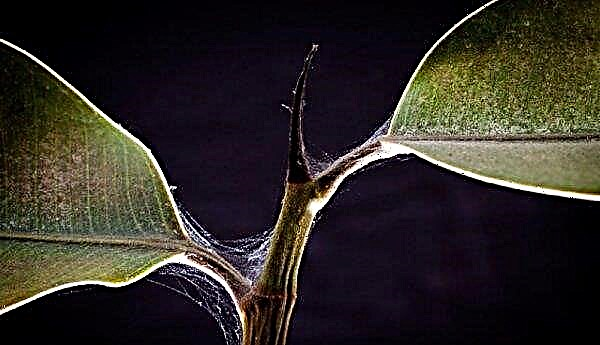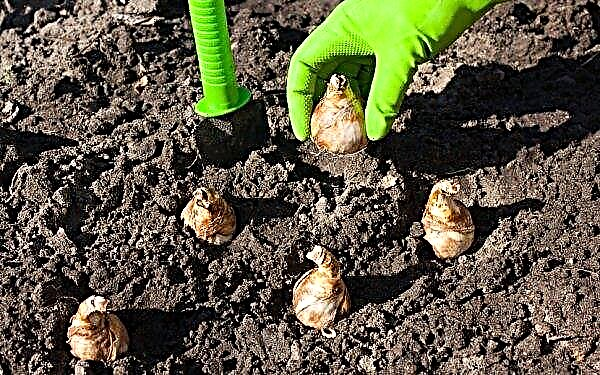Take a look at the sunset with your favorite pickles. Dill, garlic and what is it? .. Yes, it's plastic! Mankind was so carried away by plastic that it did not notice how it became.
American Journal of Environment and Environmental Technology Environmental Science & amp; Technology ”published a study by Korean scientists. It turned out that plastic has long been present on our dining tables. We generously season imkashi, soups and even bread and butter. There is not enough salt for this sandwich. It was in it that scientists noticed microparticles of plastic. The Koreans went to local supermarkets, bought 39 packs of salt from 39 different manufacturers. And only in the three samples there was no plastic. The salt, extracted from the sea, was the most saturated on plastic. Further, as the synthetic impurity decreases, it is stone and lake.

Scientists are very unhappy with the results and frown - humanity is irresponsible to nature, and therefore to itself. Water resources are already hopelessly polluted. The boom of plastic in the second half of the 20th century led to the fact that today it has become an integral part of the planet. Only in the Pacific Ocean at least 20 thousand tons float. In addition, huge garbage spots float in both the Atlantic and Indian Ocean. Plastic decomposes extremely slowly, 100-300 years, which means that there is not a single plastic object in the world that has decomposed naturally. Therefore, its particles are also found in salt and willow seafood. Scientists warn that the presence of plastic in the body negatively affects the cardiac, autoimmune, hormonal system, and can cause asthma and cancer.
Later, at the annual gastroenterology conference in Vienna, the results of a study related to plastic were announced. Its microparticles were found in analyzes of people from around the world. Scientists at the Vienna Medical University and specialists from the Austrian Environmental Agency took stool samples from residents of Finland, Italy, Japan, the Netherlands, Poland, Russia, the United States and Austria. All samples without exception showed the presence of plastic microparticles.












